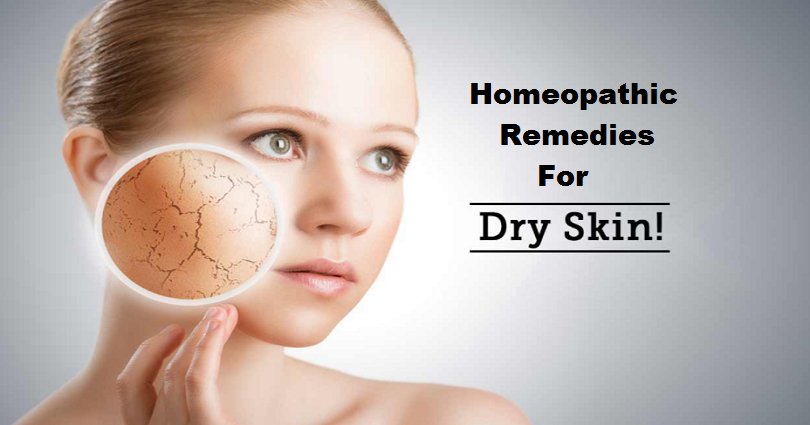Examining Homeopathy's Role in Skin Disorders: Efficacy Insights
Homeopathy is a controversial alternative medicine practice that relies on the principle of treating "like with like" and administering highly diluted substances to stimulate the body's natural healing processes. Advocates claim that homeopathy can effectively treat a variety of skin disorders, ranging from eczema and psoriasis to acne and dermatitis. However, the efficacy of homeopathy in treating these conditions remains a subject of debate among medical professionals and researchers.
One of the fundamental principles of homeopathy is the concept of individualized treatment. Homeopathic practitioners conduct detailed consultations with patients to understand not only their physical symptoms but also their emotional and mental state. This holistic approach aims to identify the underlying causes of the skin disorder and tailor treatment accordingly. Proponents argue that this personalized approach enhances the body's ability to heal itself and promotes long-term wellness.
Homeopathic remedies for skin disorders are derived from natural substances such as plants, minerals, and animal products. These substances undergo a process of dilution and succussion (vigorous shaking) to create highly potentized remedies. Critics of homeopathy point out that the dilution process often results in solutions that contain little to no detectable active ingredient. Skeptics argue that any perceived benefits of homeopathic remedies are likely due to the placebo effect rather than the efficacy of the remedies themselves.
Despite the lack of scientific evidence supporting homeopathy, many individuals report positive experiences with homeopathic treatment for skin disorders. Advocates often cite anecdotal evidence and testimonials from satisfied patients as proof of homeopathy's effectiveness. Additionally, some studies have suggested that homeopathic remedies may have anti-inflammatory and immunomodulatory effects, which could potentially benefit individuals with skin conditions.
Eczema, a chronic inflammatory skin condition characterized by red, itchy patches, is one of the most commonly treated disorders in homeopathy. Homeopathic remedies for eczema often include substances such as sulphur, graphites, and petroleum, which are believed to address the underlying imbalances contributing to the condition. While some individuals report improvement in their eczema symptoms with homeopathic treatment, scientific evidence supporting its efficacy remains limited.
Similarly, homeopathy is frequently used to treat psoriasis, another inflammatory skin disorder characterized by thick, red patches of skin covered with silvery scales. Remedies such as arsenicum album, sulphur, and sepia are commonly recommended for psoriasis patients. While some small-scale studies have suggested potential benefits of homeopathy for psoriasis, larger, high-quality clinical trials are needed to establish its effectiveness definitively.
Acne, a common skin condition characterized by the presence of pimples, blackheads, and whiteheads, is also targeted by homeopathic treatments. Remedies such as kali bromatum, pulsatilla, and silica are often prescribed based on the individual's specific symptoms and constitution. While some people may experience temporary improvement in their acne symptoms with homeopathy, scientific evidence supporting its efficacy in treating acne is lacking.
In conclusion, homeopathy remains a controversial and divisive practice in the treatment of skin disorders. While proponents praise its holistic approach and individualized treatment plans, skeptics argue that its underlying principles lack scientific plausibility. Despite the lack of robust scientific evidence supporting its efficacy, many individuals continue to seek out homeopathic remedies for various skin conditions. Further research is needed to better understand the mechanisms of action of homeopathic remedies and determine their potential role in the management of skin disorders.

Comments
Post a Comment